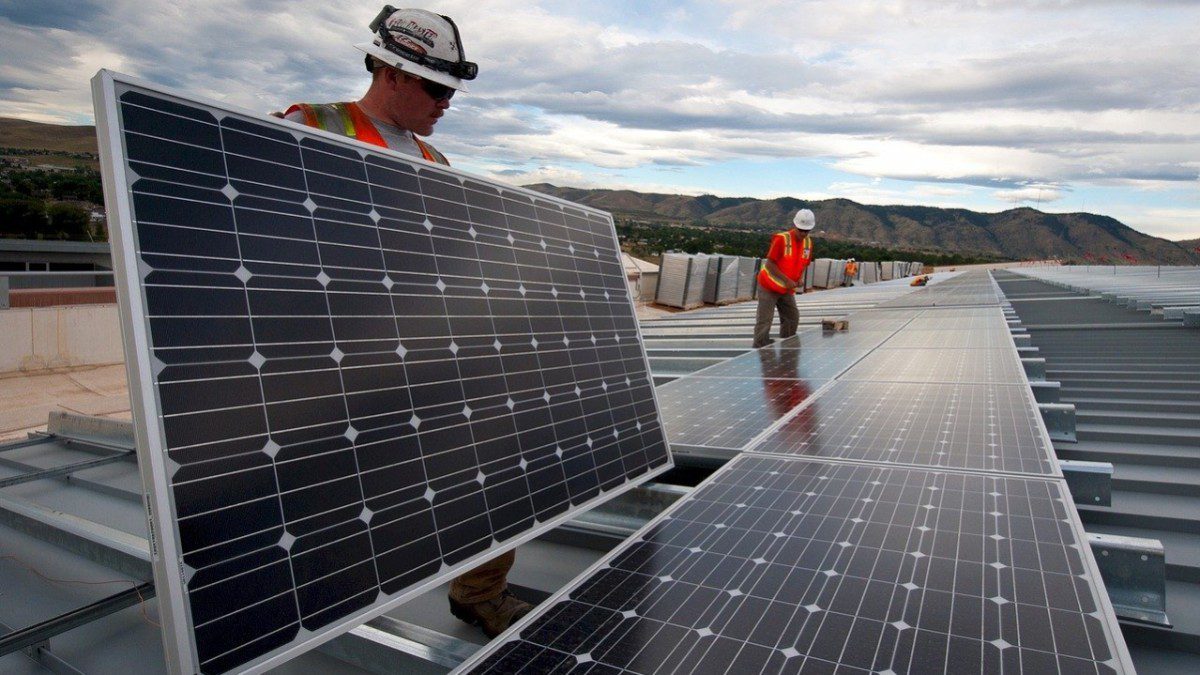Solar waste is a growing environmental concern as a result of the low value of solar panels as recyclable materials, the high labor costs associated with solar panel recycling and current government regulations regarding hazardous waste, according to a report by The Institute for Energy Research.
A report by CFACT also revealed that if solar panels are subjected to high-temperature conditions, their lifespan can be reduced below the 20-year average. Additionally, snow and other natural events can cause structural stress, reducing the panel’s solar output.
“Solar panels have finite lifespans, are difficult and expensive to recycle and are being decommissioned in increasingly large numbers, driven by tax policies and efficiency gains that encourage it,” the institute said in a statement.
The International Renewable Energy Agency’s (IRENA) official projections corroborate these reports, stating that “large amounts of annual waste are anticipated by the early 2030s.” IRENA also estimates that 78 million metric tons of waste could accumulate by 2050, given the solar panel’s life expectancy of fewer than 30 years.
Additionally, the institute stated that “the U.S. does not have a PV (photovoltaic) recycling program and the majority of used solar panels end up in landfills. It is not clear who will pay for the clean-up costs, which will be an issue before regulators shortly.”
In a report by Real Clear Energy (RCE), Texas businesses spent approximately $66 billion on wind and solar energy prior to the February 2020 blackouts. In their report, RCE asserts that renewable energy companies in Texas were only able to spend this amount due to $21.7 billion in local, state and federal subsidies and incentives, resulting in a 32.9 % discount on their purchases.
“Consumers need to realize that these (clean-up) costs are not included in the cost of solar generation currently and will eventually raise electricity prices for solar units and the cost of electricity to the system,” the institute said in its statement.
According to Forbes, solar panels generate 300 times the amount of hazardous waste generated by nuclear power plants. However, these solar panels are transferred to sub-Saharan landfills rather than being kept away from the public, posing a serious threat to developing nations.
Additionally, the Forbes report found that recycling solar panels costs 10 to 30 times more than dumping them in a landfill, as the hazardous chemicals in solar panels generate significantly more toxic waste than laptops, iPhones and other smart devices combined.
A Harvard Business Review (HBR) study also found that, in addition to quadrupling the cost of solar energy, the number of discarded panels will exceed newly sold panels by 2.56 times by 2035.






